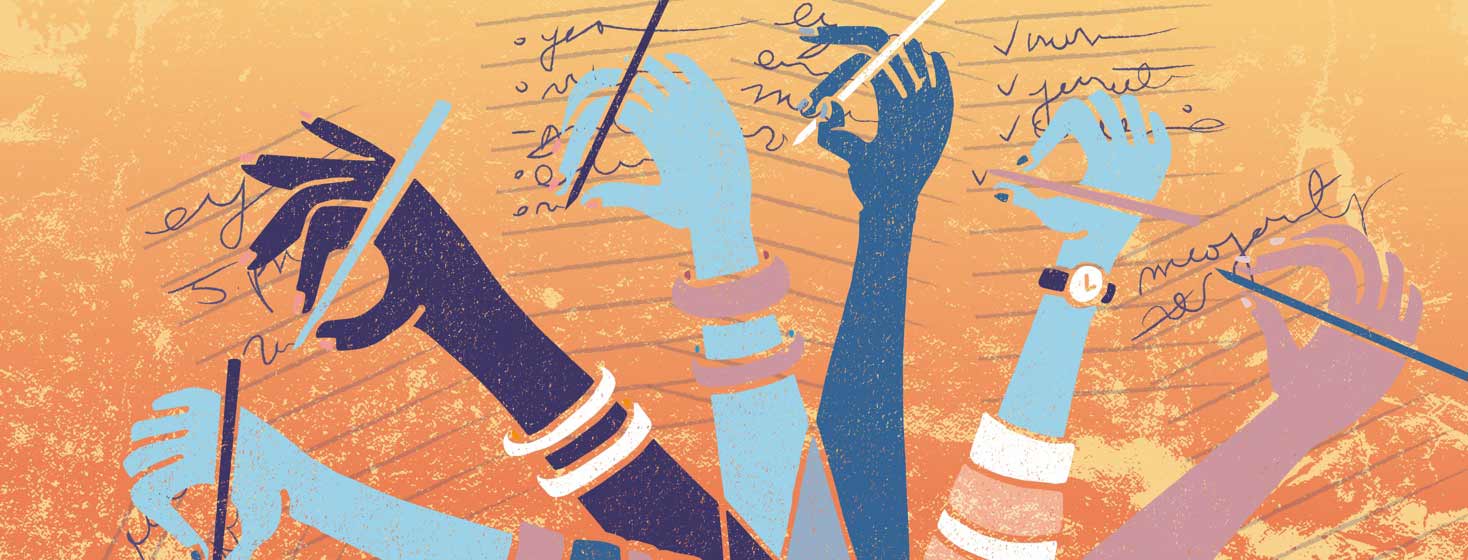Tips for Talking With Your Doctor About RLS
If you think you may have restless legs syndrome (RLS), you will want to make an appointment with your doctor. Being as prepared as possible for that appointment will help you to get the best answers as quickly as possible.
You will most likely begin by meeting with your primary care physician (PCP), and later referred to a sleep doctor or neurologist for more tests or treatment.1
Gather information before your appointment
Take time to write things down before meeting with your doctor. This will help you remember to mention all of your symptoms and ask all the questions you have. It is easy to forget things in the moment, so this list can be helpful. Even better, find a sleep diary template online beforehand and fill it out.1 If you live with someone, ask them what they notice about your symptoms, triggers, and sleep patterns.
What are your symptoms?
What RLS symptoms do you have? For a week or two before your appointment, track and record any RLS symptoms you feel and what time they occur. Symptoms may include:1-2
- Aching, throbbing, crawling, or itching sensations (to name a few)
- Twitching or jerking movements
Do the symptoms begin or worsen after a period of inactivity or rest? How do symptoms affect your sleep?
What are your triggers?
Are there certain things that tend to make your symptoms begin or worsen? Write down what you eat, drink, or any over-the-counter medications you take. Make a note if you notice any patterns. Common triggers for people with RLS are:1-2
- Stress
- Alcohol
- Caffeine
- Vigorous exercise
- Lack of sleep
- Over-the-counter drugs
- Certain foods, such as sugar or dairy
How is your sleep?
In addition to the symptom and trigger logs, track your sleep for at least a week before your appointment. Consider recording:1-2
- How many times a night do I wake (if at all)?
- How easily do I fall asleep?
- Are there certain things I must do to sleep? (elevate feet, drink water, stretch, walk around, etc.)
- How many hours do I sleep each night?
What are your questions?
Write down any questions you may have so you get them answered. If possible, bring a family member or friend to take notes and act as a second set of ears. Questions you might ask:1
- Is RLS the right diagnosis for my symptoms? Could anything else explain these symptoms?
- What treatments might be right for me?
- What drugs or devices are used to treat RLS? What are the side effects?
- Are there any treatments I should avoid due to other health conditions I have?
Meeting with your doctor
At the appointment, your doctor will likely perform a physical exam and ask questions about your symptoms and family history. This will help rule out other diagnoses that can mimic RLS, such as anemia, leg cramps, vein disease, arthritis, circulation problems, nerve damage, and back or spinal damage.
The more details you have prepared ahead of time, the more complete picture you doctor will have to make an accurate diagnosis. You doctor may ask questions about how your symptoms begin, what makes them better or worse, how long they have lasted, and how they are impacting your life at work, school, or in your relationships.1
Testing for RLS
Two tests your doctor may order are an extensive iron panel and a sleep study. A full iron panel requires a fasting blood draw. This will check your iron levels, total iron-binding capacity, and your percent of iron saturation. This test helps decide whether you need to take iron supplements to treat your RLS.1
A sleep study (polysomnography) takes place overnight in a hospital sleep lab. You get into bed and are hooked to monitors that record your brain waves, heart rate, breathing, blood oxygen levels, and eye and body movement. This test gives your doctor a more complete picture of what your body is experiencing at night.1
The results of a sleep lab test are the best way to diagnose RLS. Home sleep kits cannot be used to diagnose RLS, despite what some kits advertise. Wearable devices and smartwatches that track sleep also cannot be used to diagnose RLS.

Join the conversation